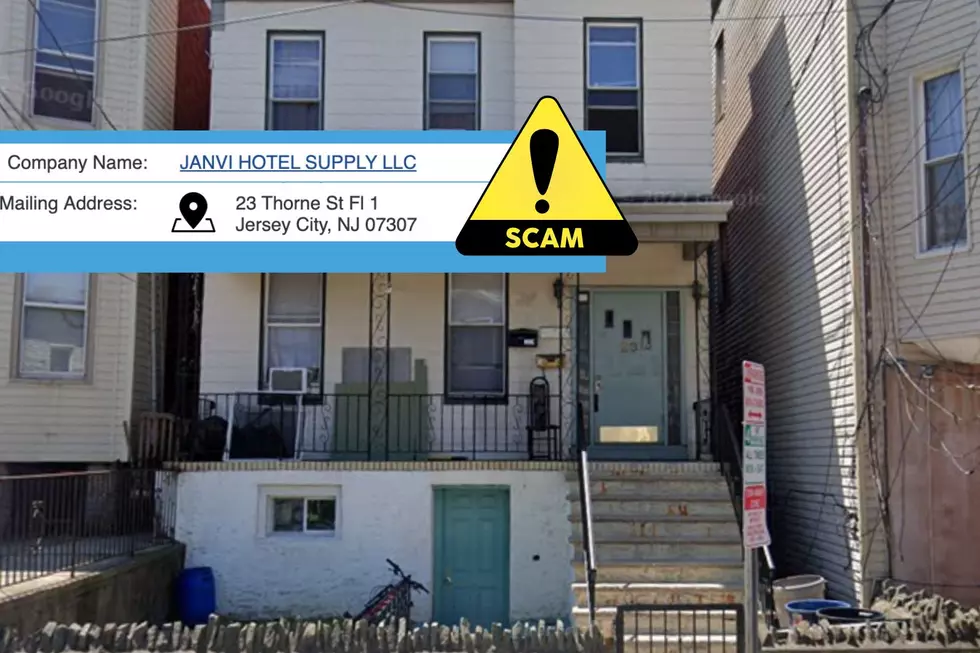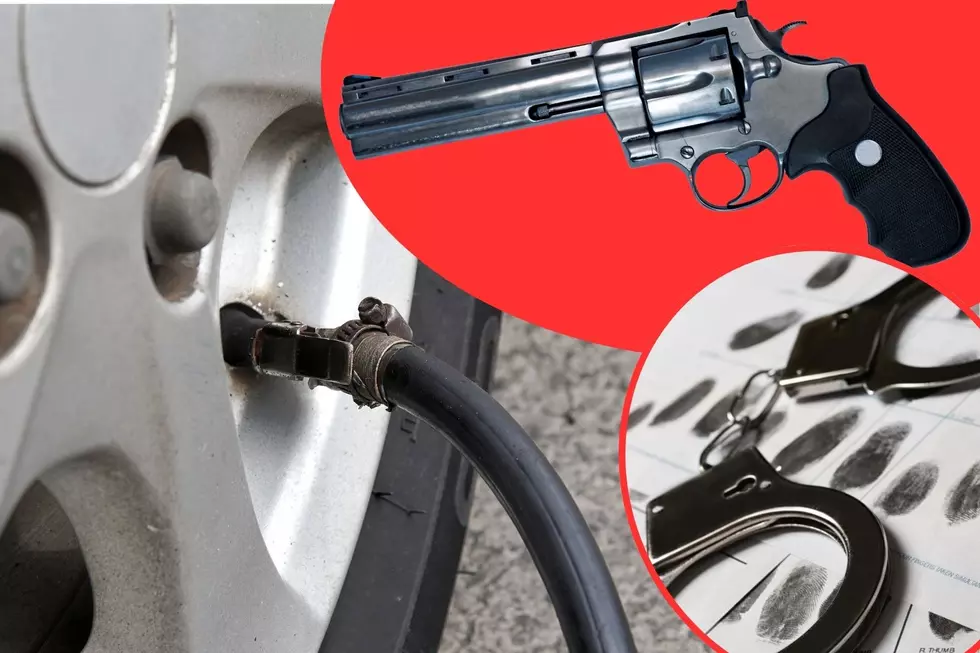Is NJ bail reform working, or just giving criminal suspects a free pass?
New Jersey 101.5 related video
Bail reform laws that took effect at the beginning of this year in New Jersey were designed to allow low-risk defendants who can't afford bail to be released from jail, while holding potentially dangerous defendants behind bars until their trial regardless of their ability to afford bail.
State prosecutors and public defenders say the program is off to a good start, but critics dispute that, claiming the new system allows some criminals to get out of jail for free — sometimes hours after they’re arrested for a crime — which can compromise public safety.
From Jan. 1 to Jan. 28, state prosecutors convinced judges to detain 56 percent of the criminal defendants they sought to keep locked up, or 283 out of 506. The rest were released under court supervision and other conditions.
There were 2,059 defendants under the supervision of the Judiciary’s Pretrial Services program last month.
— 40 percent were being monitored with weekly in-person visits or electronic monitoring and house arrest.
— 45.5 percent were being monitored with monthly in-person visits or calling in by phone.
— 14.5 percent were released on their own recognizance.
According to Jeff Clayton, the executive director of the American Bail Coalition, problems with the new system are cropping up because determinations for incarceration or release are made by a computer program.
“You’re seeing people being released with no conditions of bail that folks feel are risky, even though the computer says they aren’t,” he said.
An analysis of jail records by New Jersey 101.5 found there have been several cases involving individuals released from custody without having to post bail that might be considered questionable, including:
• Ocean County resident Christopher Wilson, who is facing charges that he tried to trade a video game for sex with a 12-year-old girl. His record includes a juvenile conviction for sexual assault on a minor.
• Two Paterson men who led police on a high-speed chase through three highways before slamming into a police car on Route 80.
• An accused drug dealer who Toms River police say was in possession of about 1,850 doses of heroin.
• A former military police officer at Joint Base McGuire-Dix-Lakehurst who moved to Connecticut after a 2015 road rage allegation. She was indicted on two counts of second-degree manslaughter for allegedly running Nicholas Cooper, 26, and Jocelyn Redding, 23, off the road.
• An ex-con from North Carolina who Teaneck police said was carrying marijuana and a loaded handgun with two rounds of ammunition in his car. Police also said Tariq N. Bryant, 22, gave them a false name
None of the defendants have been to trial or have been found guilty. Criminal defendants are presumed innocent until proved guilty.
But Clayton — representing the state's bail bondsmen, who risk going out of business under this new system — says the warning to New Jersey residents is simple.
“Be prepared for recidivist criminals, because essentially the movement is sort of in the vein that until we convict somebody of something they’re not going to jail.”
Clayton said he considers the computer algorithms being used to figure out who should be released from jail with no bail to be “black box technology.”
“They think a computer with nine factors can look at somebody and tell you whether they’re going to commit another crime and tell you whether they’re going to show up or not, and certainly the citizens of New Jersey are going to find out whether it works or not.”
Clayton added the exact formula created in the computer program to determine whether someone is a low risk and should be released from jail with no bail requirement is hazy at best.
“Right now there’s no transparency in any of these, and you’re just trusting that the mathematicians behind the curtain are getting this right,” he said
He stressed without requiring bail, which is an added layer of accountability, “you’re relying on New Jersey law enforcement to simply chase these people down. And as we know there just aren’t enough resources for that right now.”
New Jersey Public Defender Joseph Krakora believes the system is working.
“Under the old system, many of our clients who were accused of non-violent offenses sat in jail for months because they could not afford minimal bail amounts while other defendants charged with serious violent offenses could buy their way out of jail if they had the means to do so. Defendants released on bail were not subject to any form of monitoring or supervision,” he said.
“The new law eliminates the discrimination against poor people inherent in a money bail system on one hand and allows for an intellectually honest determination by judges that certain individuals accused of crimes pose too great a risk to public safety to be released on the other.”
Peter Aseltine, a spokesman for state Attorney General Chris Porrino, said in a written statement that thus far, "the transition to this new system has gone smoothly, for the most part, which is a credit to police and prosecutors across the state, and to the courts and others."
“Under our new system, prosecutors now have the ability to seek detention without bail of the most dangerous defendants; at the same time, non-violent offenders no longer will be locked up pending trial on minimal monetary bonds," he said. "Various issues have arisen, as we expected, and those issues will need to be litigated or otherwise resolved as we move forward with this reform.”
Contact reporter David Matthau at David.Matthau@townsquaremedia.com.
More From New Jersey 101.5 FM









